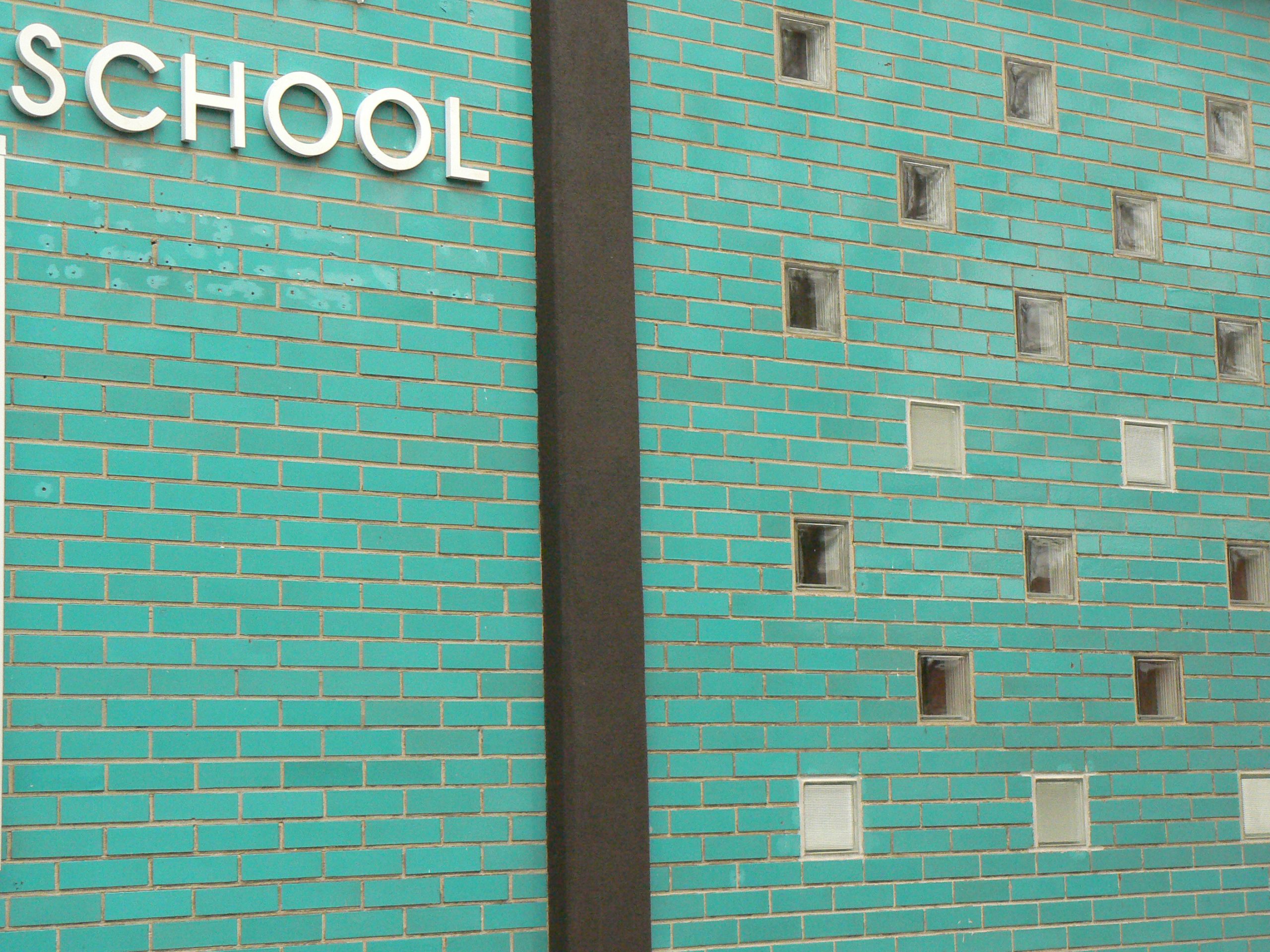Amid the COVID-19 pandemic, independent schools have received relief funds from the federal government — including the Payroll Protection Program (PPP) — under the CARES Act and the Coronavirus Response and Relief Supplemental Appropriations Act of 2021.
Acceptance of PPP loans brings new implications for independent schools.
The federal government says that when independent schools accept PPP loans, they are considered recipients of federal assistance and therefore required to uphold federal regulations such as Title IX, Title IV, the Age Discrimination Act, and Section 504 of the Rehabilitation Act of 1973.
Independent schools usually have their own non-discrimination policies that are rarely as strict and detailed as those outlined in the aforementioned laws, which vary in scope and stature.
Title IX prohibits sex discrimination in any and all educational activities. The law famously relates to sports, but also requires that schools have an appointed Title IX coordinator and follow specific procedures relating to areas like discrimination and sexual harassment and assault.
Similarly, the Age Discrimination Act prohibits age discrimination while Section 504 of the Rehabilitation Act of 1973 bans discrimination on the basis of disability.
Lastly, Title IV covers federal student financial aid programs.
So, what does accepting PPP loans mean for independent schools? In short, these schools are now expected to maintain compliance with the aforementioned federal regulations.
But it isn’t permanent. Once schools pay off these loans, they are no longer considered recipients of federal assistance and not expected to maintain compliance with federal regulations.
The attorneys at Kennedy Hunt P.C. are experts in education law. If you have questions about what PPP loans mean for you and your independent schools, fill out a questionnaire or contact us at (314) 872-9041.

